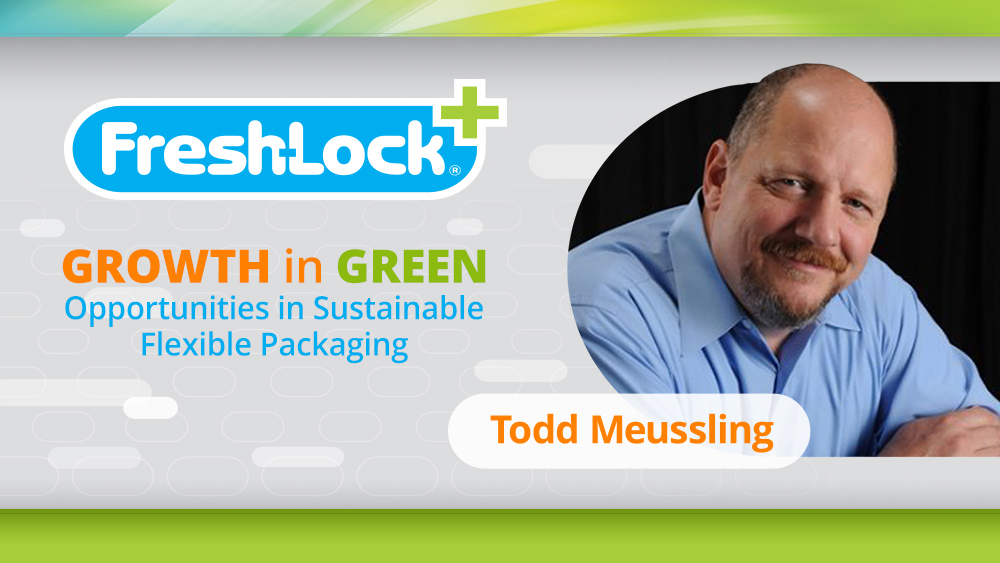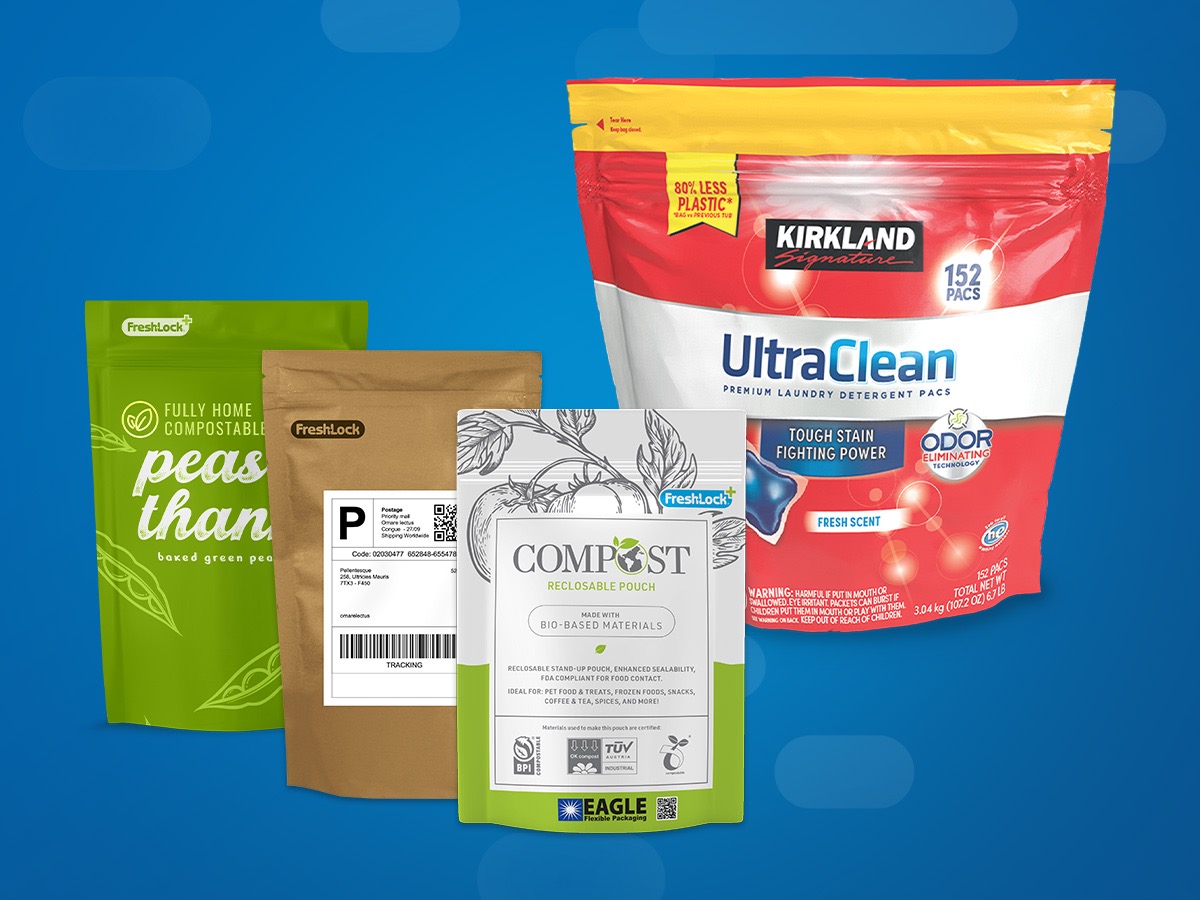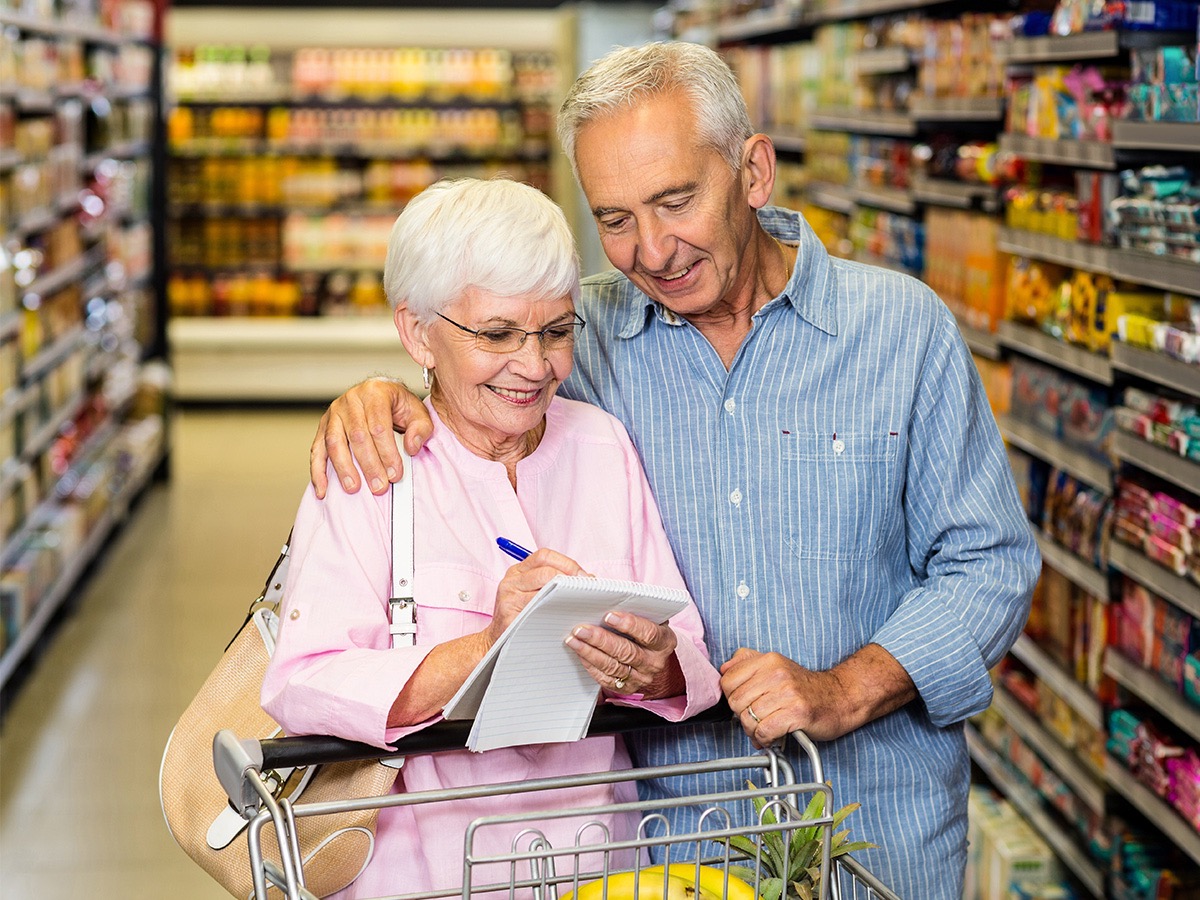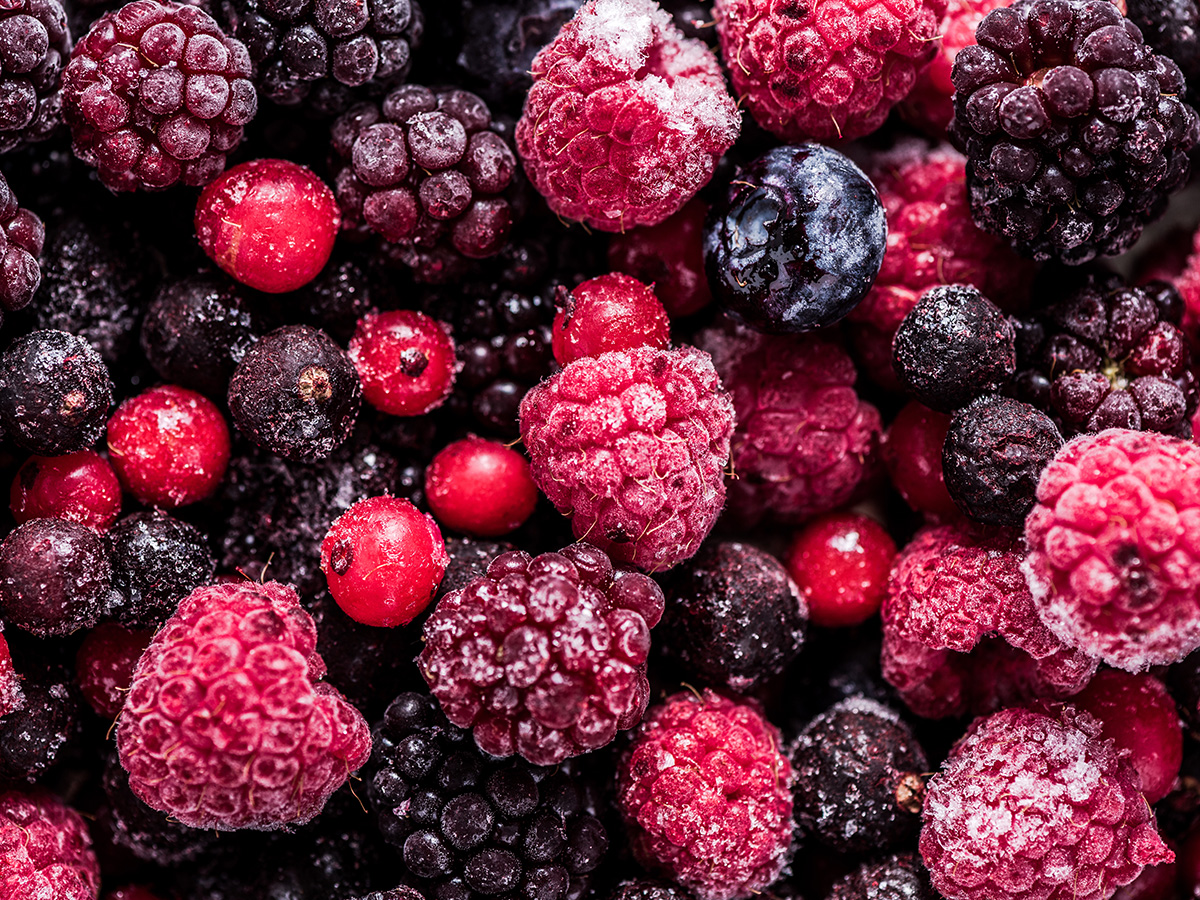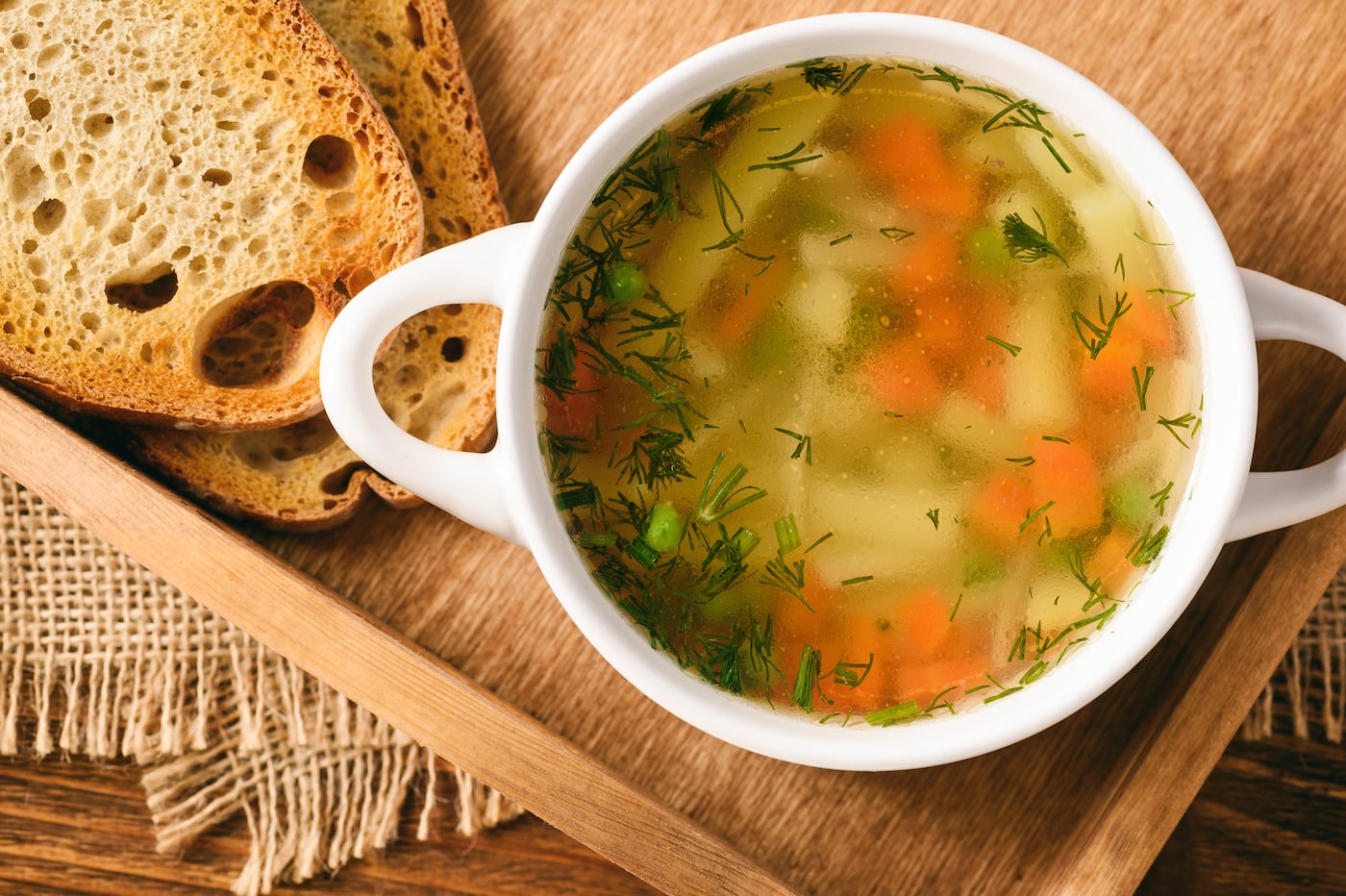
What Millennials Want | Packaging Trends for the Largest Consumer Group in History
Everyone wants to reach millennials, but that sometimes seems easier said than done.
While many in their 20s and 30s suffered financial setbacks during the Great Recession, and they may be slower than previous generations to get married, buy homes, and start families, their wallets represent an increasingly important economic driver.
According to Accenture, those born between 1980 and 2000 will account for $1.4 trillion in consumer spending by 2020, representing 30 percent of retail sales.
Millennials are digitally driven consumers who prefer brands that offer an experience, not just a product. They can be price sensitive, but will pay more for products that reflect their personal values and beliefs. One thing is certain, millennial shoppers are anything but traditional, which means CPGs need to consider untraditional approaches to packaging.
As an article from Enterpreneur.com points out, millennials are a diverse and complicated generation, but there are identifiable threads that can help brands win them over.
“What appeals to one millennial may not resonate with another. Still, as a group, they have enough characteristics in common that it’s possible to make some general statements. That’s why looking at what behaviors they do share is an essential part of constructing a brand specifically with them in mind.”
During PACK EXPO, the Fresh-Lock® team revealed a collection of consumer personas who made up the fictional community of “Freshville.” Among those personas was a couple in their late twenties. Let’s take a look at these young professionals, what they want from brands, and how packaging plays a role in their purchase decisions.
Meet the Millennials – Michael and Jessica
 Newlyweds Michael and Jessica are just starting their lives together. Or as this millennial transition is sometimes called … the couple is “adulting.”
Newlyweds Michael and Jessica are just starting their lives together. Or as this millennial transition is sometimes called … the couple is “adulting.”
They’re also in the middle of launching promising careers. Their jobs keep them busy, but finding work-life balance is still important to them.
These millennials are digital natives who are always on the go. They use their mobile devices to make life easier and more enjoyable. That includes connecting digitally with friends and finding fun ways to spend the weekend as well as the convenience of online shopping – even for basic items.
According to “The Millennial Shopping Report,” people like Michael and Jessica made 40 percent of their 2018 purchases in-store and 60 percent online. In the previous year’s survey, just 47 percent of millennial purchases occurred online.
Michael and Jessica are early adopters of e-commerce subscriptions services such as Amazon Subscribe and Save, Birchbox, and Dollar Shave Club, which deliver products they use regularly directly to their doorstep. They’ve also tried meal kit subscription services such as Blue Apron and HelloFresh. Grocery store pickup services are another convenience they were quick to use.
An Offers.com survey found less than a quarter of American adults have used curbside grocery pickup and fewer than 10 percent have used grocery delivery services. However, there are also signs of rapid growth. Statista estimates online grocery sales will account for $22 billion in consumer spending in 2019 and nearly $30 billion in 2021.
Consumer Trends for the Millennial Lifestyle
1. Making Meals Extra Easy
 Michael and Jessica are among the 25 percent of millennials who Mintel calls “super snackers,” which means they snack as much as four times per day, often as a meal replacement at work. The couple frequently purchases ready-to-eat products at the grocery store so they can have convenient and affordable meals in their own kitchen. As an NPD survey found, 70 percent of consumers want to eat dinner at home, but only 10 percent love to cook.
Michael and Jessica are among the 25 percent of millennials who Mintel calls “super snackers,” which means they snack as much as four times per day, often as a meal replacement at work. The couple frequently purchases ready-to-eat products at the grocery store so they can have convenient and affordable meals in their own kitchen. As an NPD survey found, 70 percent of consumers want to eat dinner at home, but only 10 percent love to cook.
One of the most promising packaging formats for snack items and ready-to-eat foods is the reclosable stand-up pouch. Adding a zipper or slider to flexible pouches allows Michael and Jessica to keep food fresh and conveniently contained. It’s perfect for their on-the-go schedules.
Flexible packaging closures, such as the reduced scale, Fresh-Lock® mini Slider are ideal for small pouches containing snacks like beef jerky, nuts, or chocolate. The Double Zipper, the patented Click ‘N Lock Zipper with sensory clues, and Ribbed Zippers are all excellent choices for ready-to-eat food products.
2. Sharing the Experience
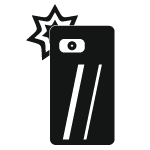 It’s fair to say that millennials are responsible for social media becoming engrained in our daily lives. This generation shares everything with their followers, including what they buy and what they eat. That’s why brands need to offer products that create a shareable experience.
It’s fair to say that millennials are responsible for social media becoming engrained in our daily lives. This generation shares everything with their followers, including what they buy and what they eat. That’s why brands need to offer products that create a shareable experience.
A shareable product experience could be bold and interesting new flavors. Or, it could be packaging with eye-catching design and unique functionality, such as innovative closures including zippers and sliders for flexible packaging. Millennials like Michael and Jessica might refer to these kinds of purchases as being “#Instaworthy.”
For example, plenty of millennial parents (including online influencers such as the blogger at LifeofDad.com) shared stories, photos, and videos of their experience using the child-resistant Child-Guard® Slider after it made its debut on Tide PODS® packaging.
You should also consider how the perception of your brand coincides with the personal identities of your target market. An Alter Agents survey found 60 percent of millennials are drawn to products that reflect their personality.
3. Seamless Omnichannel Shopping
 Not only is using a product part of the customer experience, so is shopping for it. And, while an e-commerce strategy is crucial for reaching millennials, people Michael and Jessica’s age still visit brick-and-mortar retail stores frequently. Surprisingly, 82 percent told Accenture they prefer shopping at physical stores.
Not only is using a product part of the customer experience, so is shopping for it. And, while an e-commerce strategy is crucial for reaching millennials, people Michael and Jessica’s age still visit brick-and-mortar retail stores frequently. Surprisingly, 82 percent told Accenture they prefer shopping at physical stores.
That’s why Accenture stresses the importance of a consistent customer experience between online and retail. It found more than two-thirds of millennials demand a seamless, integrated experience regardless of the channel. That means they expect things like price, selection, and packaging to be the same in-store as ordering online.
Accenture also found millennials are likely to engage in a shopping practice known as “showrooming,” in which a consumer examines items in a store and later purchases it via an e-commerce website. The opposite of this is sometimes called “webrooming,” which means researching online and purchasing in traditional retail.
Flexible packaging provides many benefits for the omnichannel buyer’s journey. It is built to withstand the rigors of the e-commerce supply chain, but it also stands out on retail shelves.
4. Trustworthy, Responsible Brands
 Transparency and honesty are values upon which Michael and Jessica place importance. They’re interested in knowing where their food comes from, how ingredients impact their health, and how the brands they buy are making efforts to be more sustainable.
Transparency and honesty are values upon which Michael and Jessica place importance. They’re interested in knowing where their food comes from, how ingredients impact their health, and how the brands they buy are making efforts to be more sustainable.
The couple may become more interested in honest brands when they have kids. A study from Label Insight found 83 percent of millennial moms trust transparent brands more than others. Nearly half of those moms said they verify a brand’s claims by checking third-party websites.
In addition to being transparent with health and sustainability claims, literal transparent films can also be a way to be more honest with consumers. Shoppers appreciate being able to see the product they’re considering, not just a doctored photo of it on rigid or corrugated packaging.
Like the 73 percent of millennials Nielsen surveyed, Michael and Jessica would pay more for a product they know is sustainable. And, to consumers, sustainable packaging is easy to recycle. Adding the How 2 Recycle® label to packages shows your brand is acting responsibility while explaining how to dispose of the packaging in a sustainable way.
While flexible packaging options have always provided a reduced carbon footprint compared to other options (learn more from the Flexible Packaging Association), consumers want a way to recycle the packages. That’s beginning to become a reality thanks to innovative brands and packaging companies.
A perfect example is new packaging for Bear Naked Granola. It’s a standup pouch featuring a transparent window, fully recyclable film, and a recyclable zipper from the Fresh-Lock® 8000 Series of sustainable closures.
Reaching Millennials with Reclosable Flexible Packaging
Whether it’s the shift to e-commerce, consumer demand for convenience, sustainability expectations, or a better customer experience, flexible packaging should be considered for your product’s go-to-market strategy.
Use this checklist to ask crucial questions about making packaging decisions for millennial consumers.
Make Your Products More Attractive to Michael and Jessica:
- Are you adding features such as reclosability that make the package more functional and convenient?
- Are you considering how your package enhances the customer experience (shopping and consuming)?
- Is your product packaging designed for both e-commerce and traditional retail?
- How can you use packaging design and graphics to be more transparent about the product?
Millennials Michael and Jessica share some characteristics with other Freshville personas. You can learn more about Fitness Fred, Retired Rita, and Sustainable Stacy here on our blog. Plus, you can dive even deeper into packaging trends when you download our free e-book on factors that are shaping the industry.
Watch our exclusive webinar, Growth in Green: Opportunities in Sustainable Flexible Packaging, to learn more about sustainable packaging opportunities and how companies can create recyclable pouches to reach consumers who focus on environmentally-friendly brands.

 Back to Blog
Back to Blog

